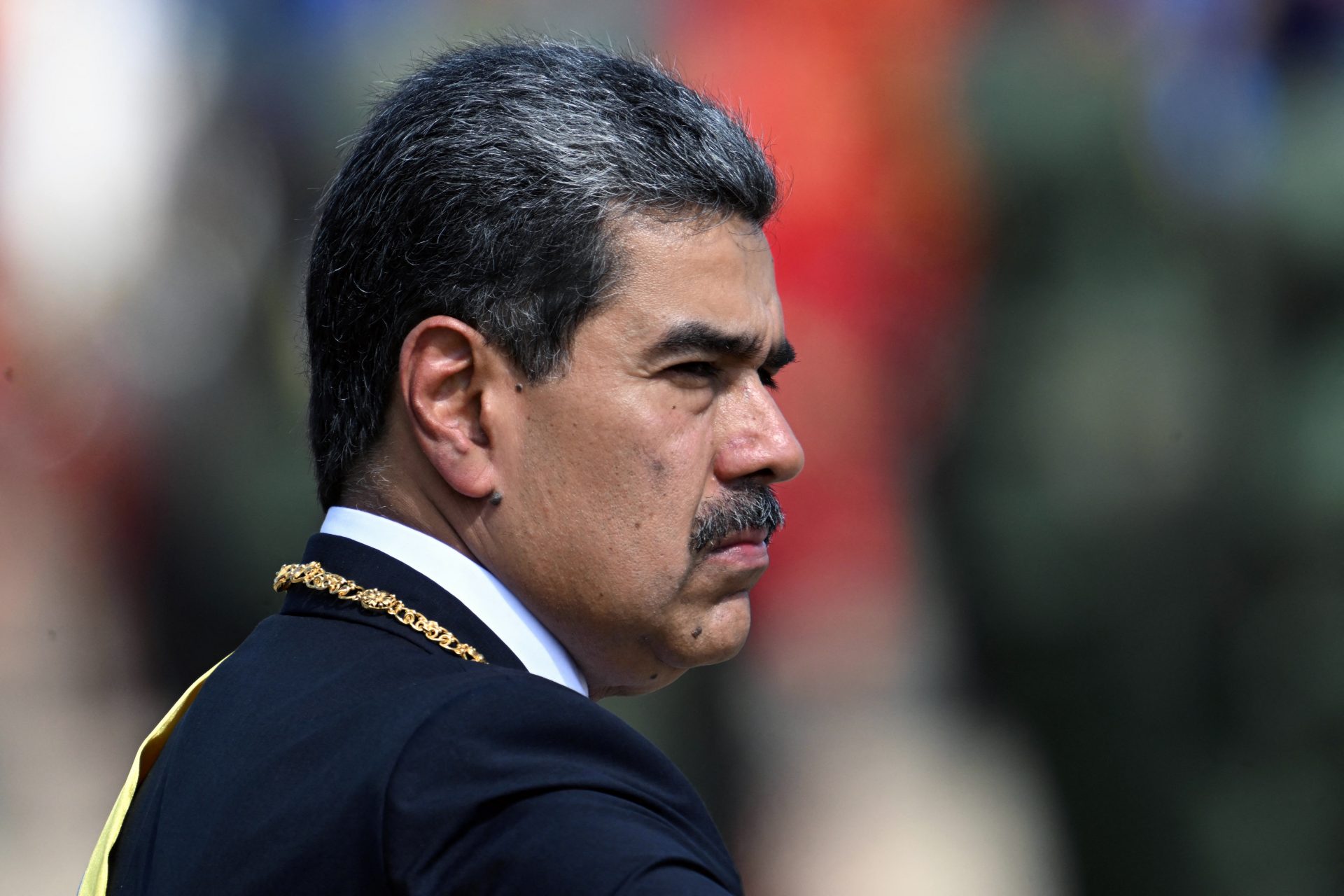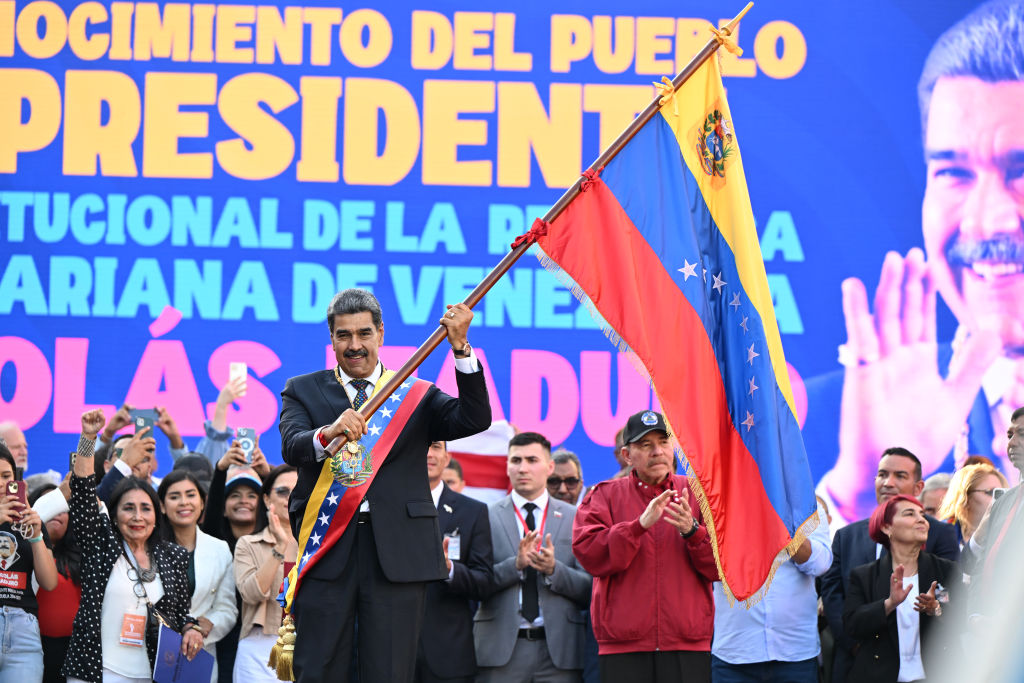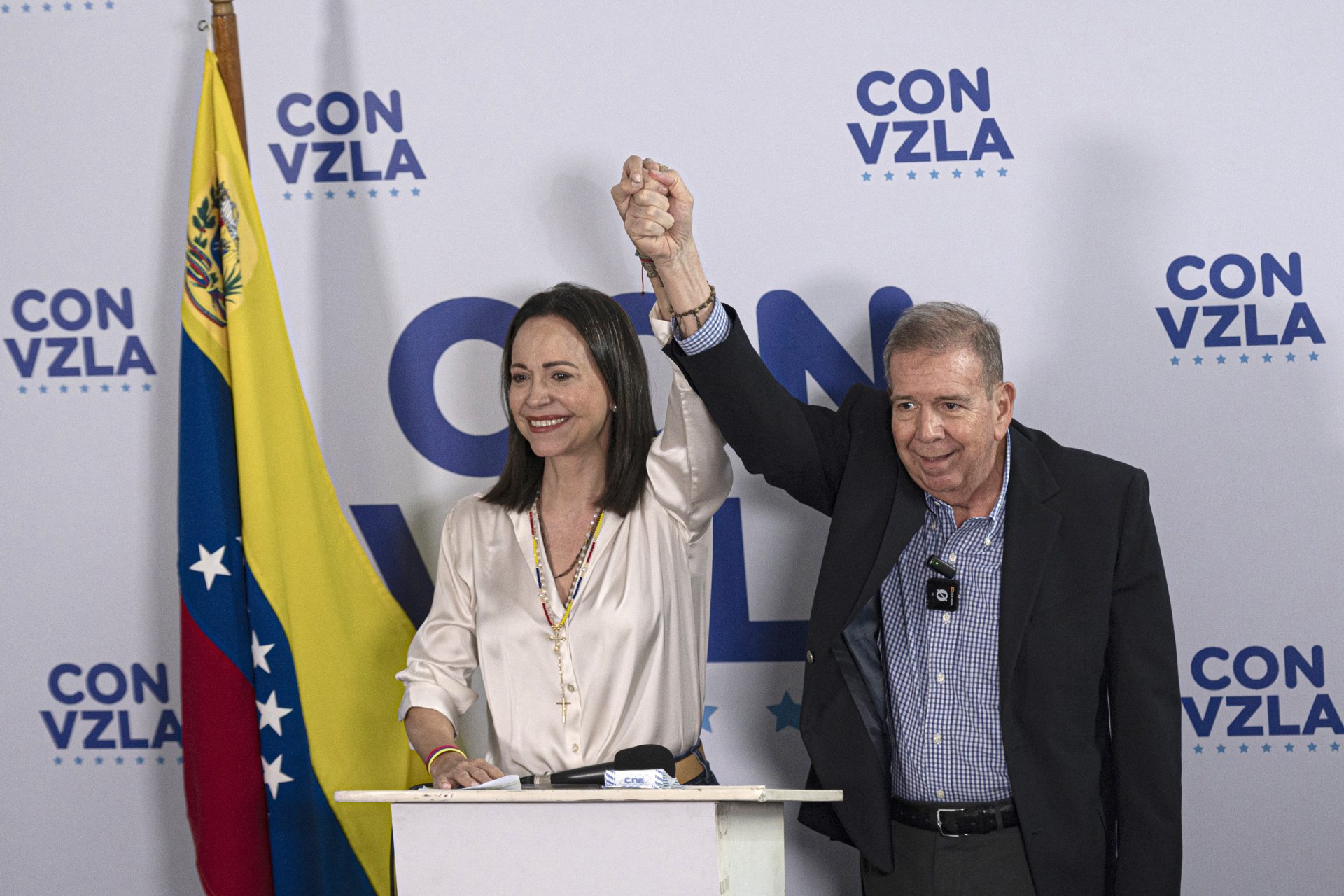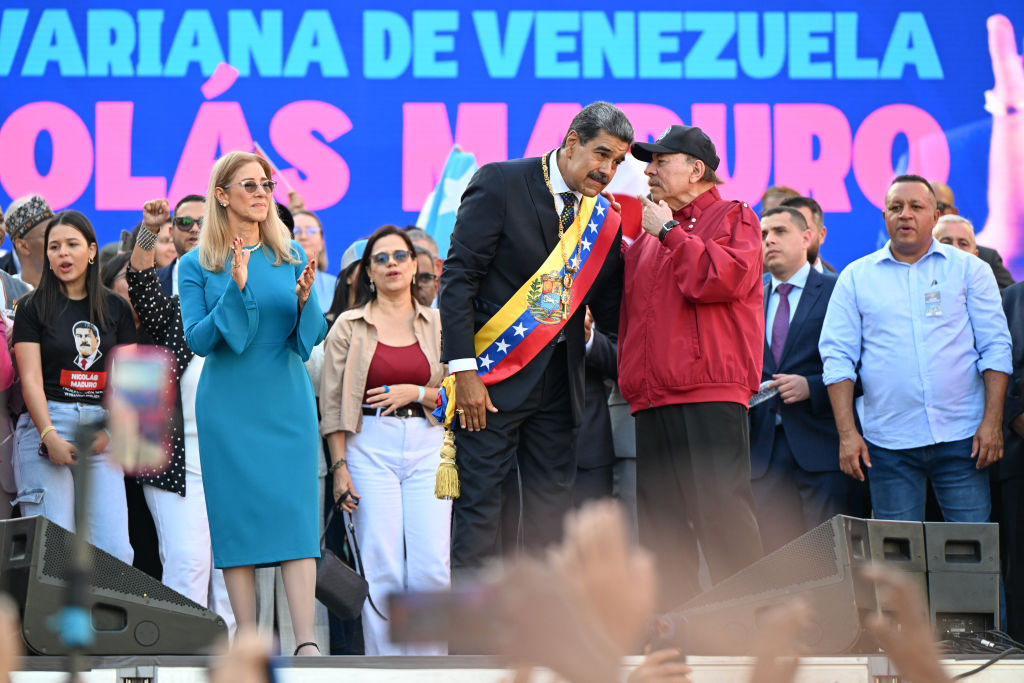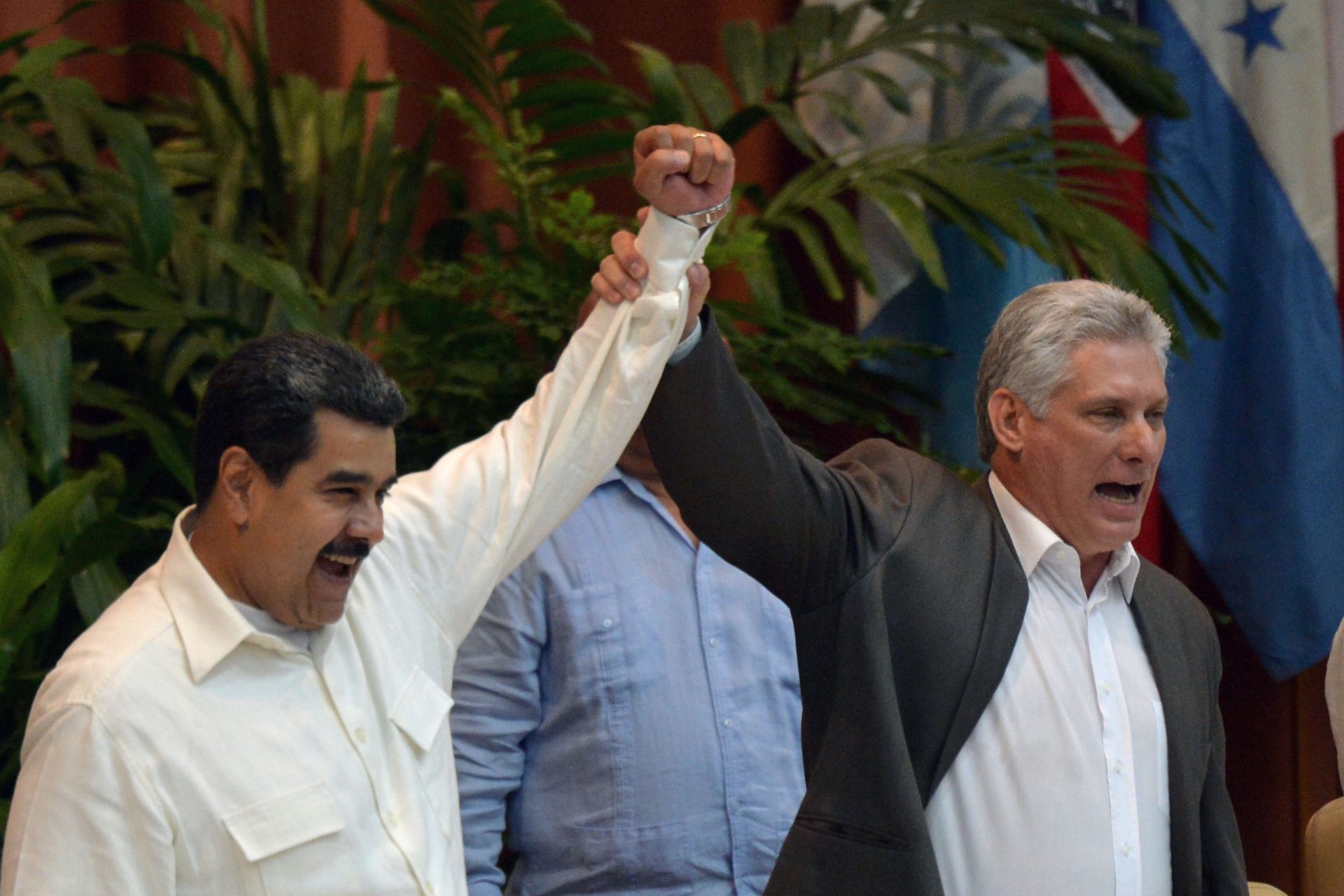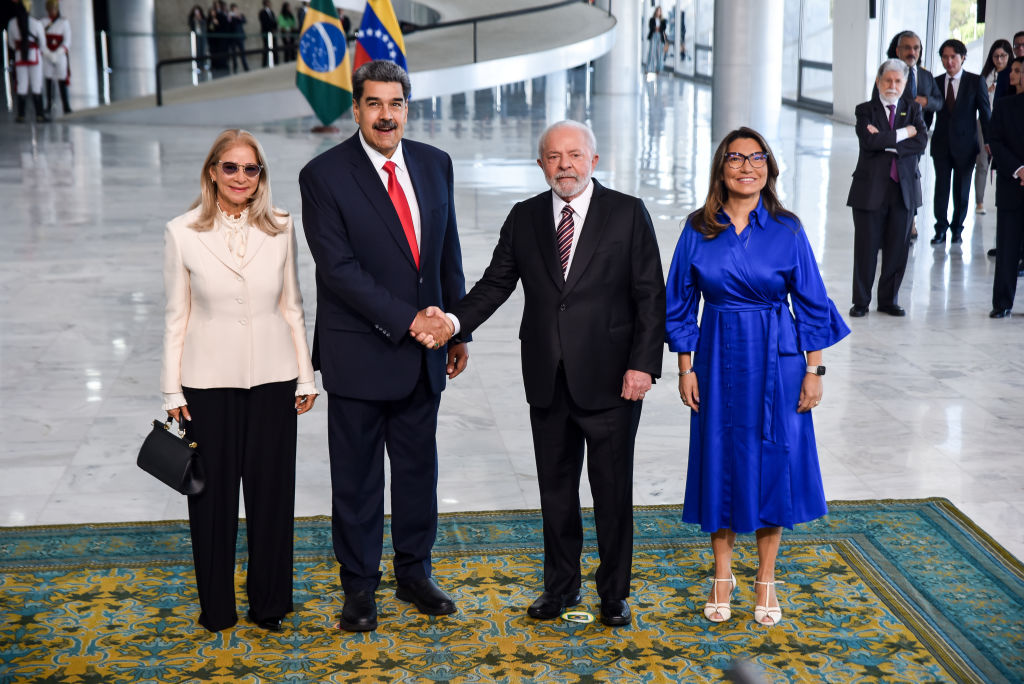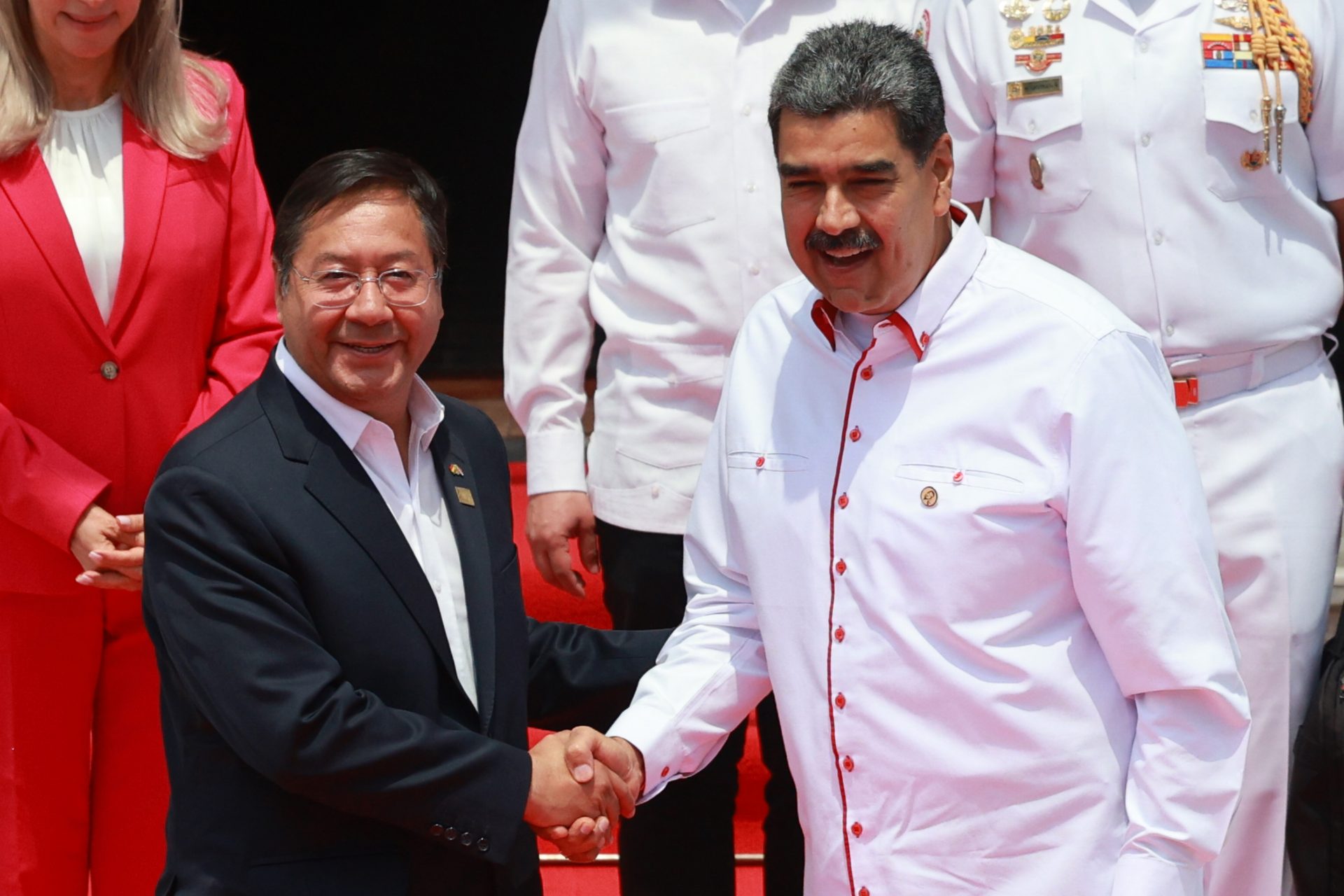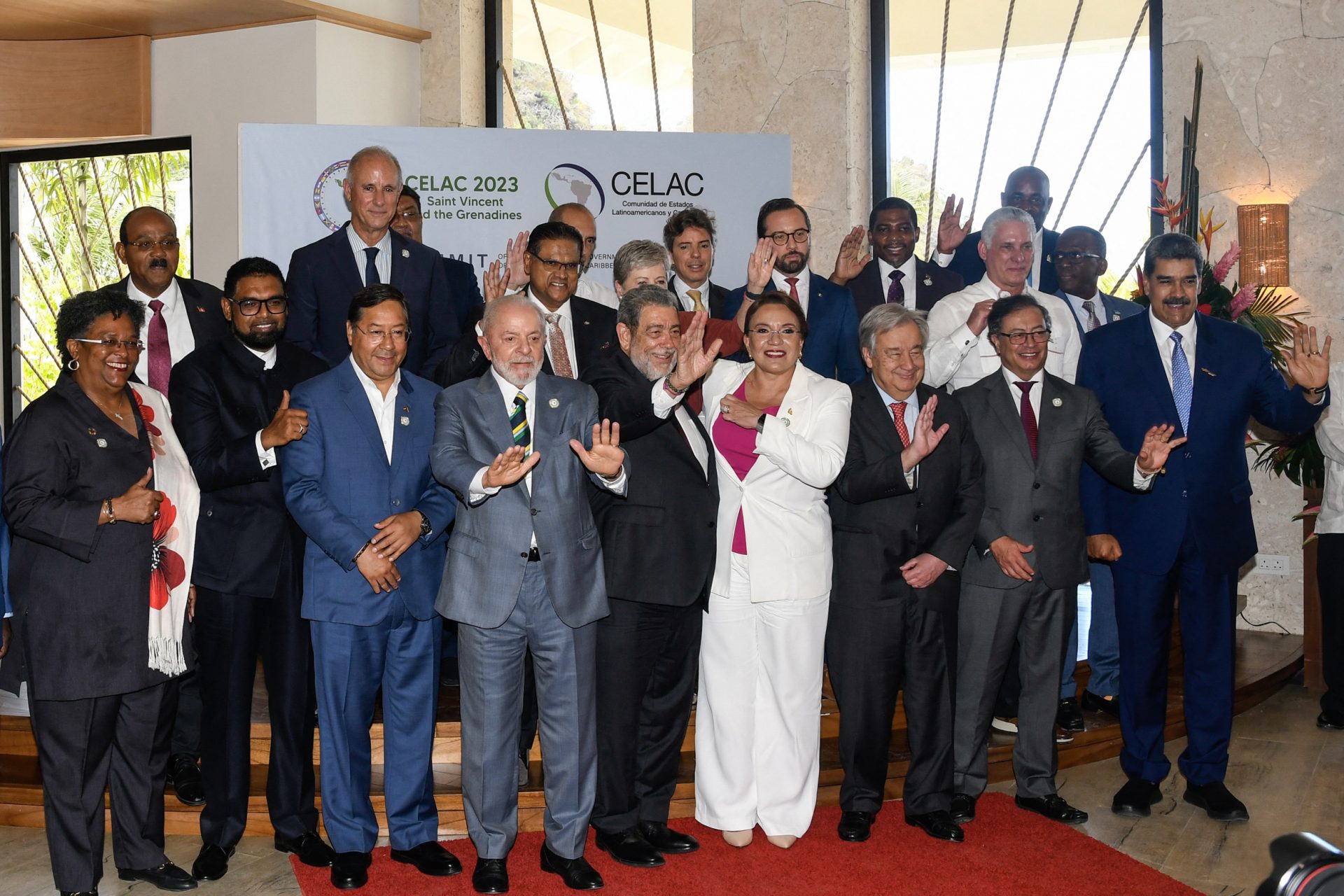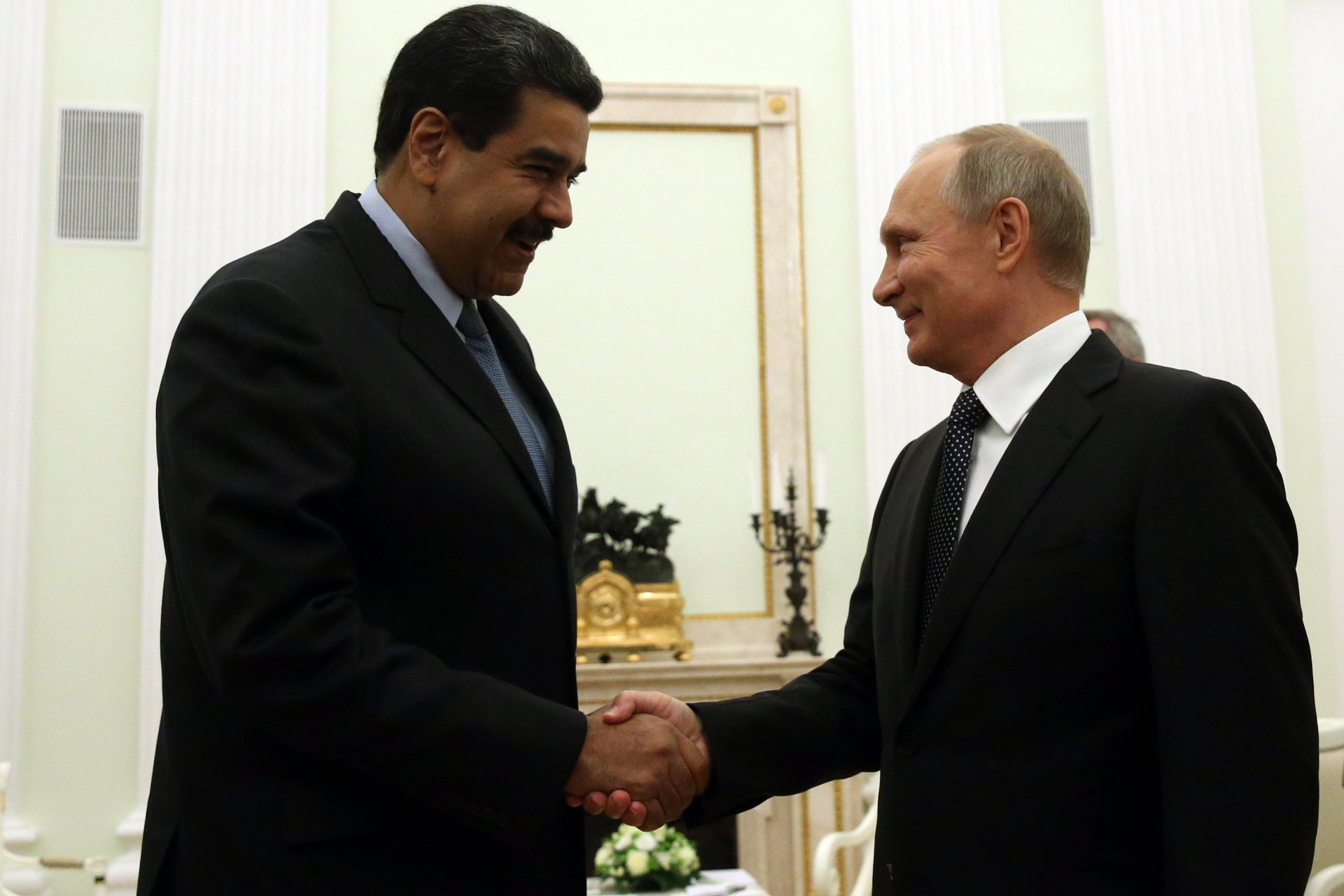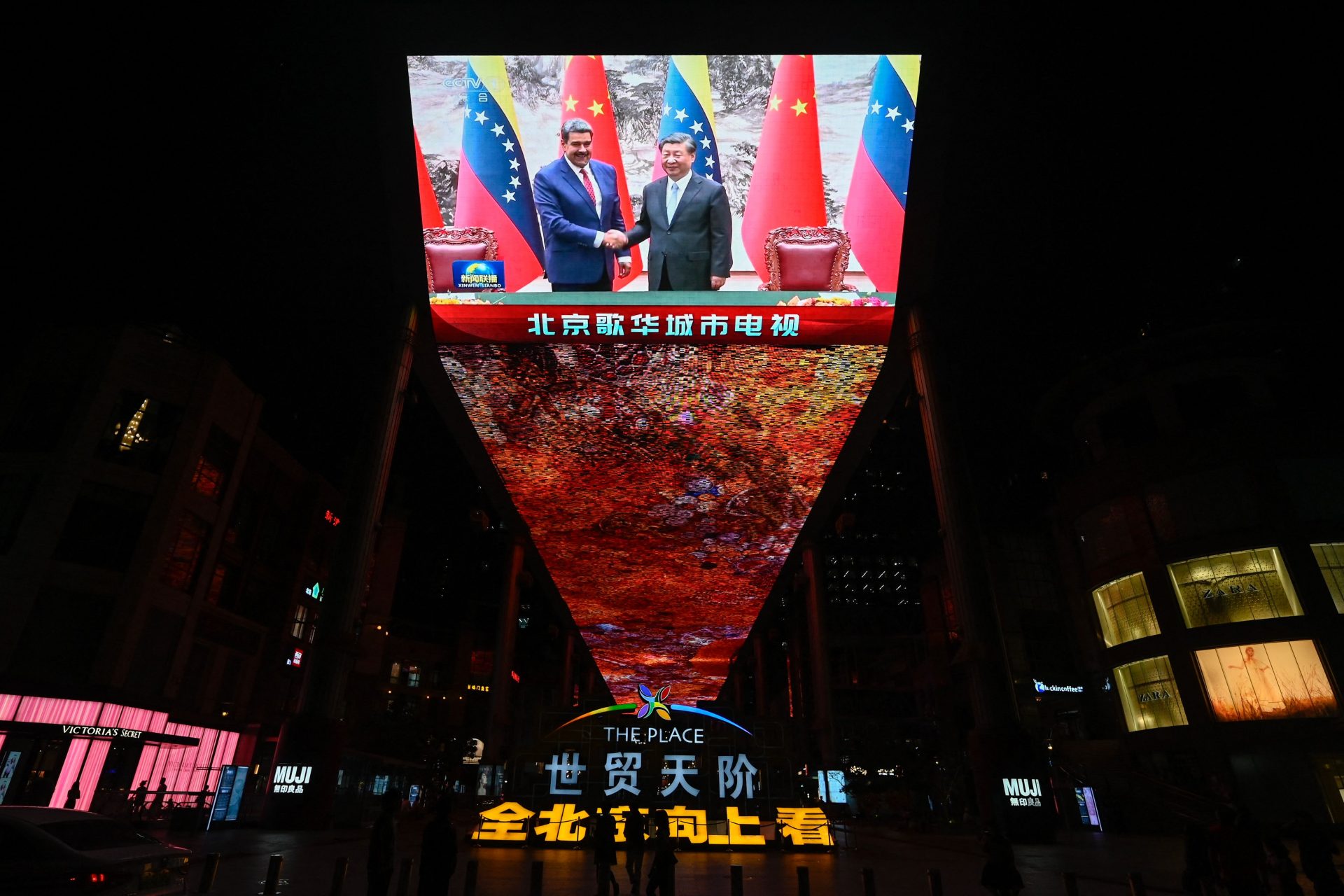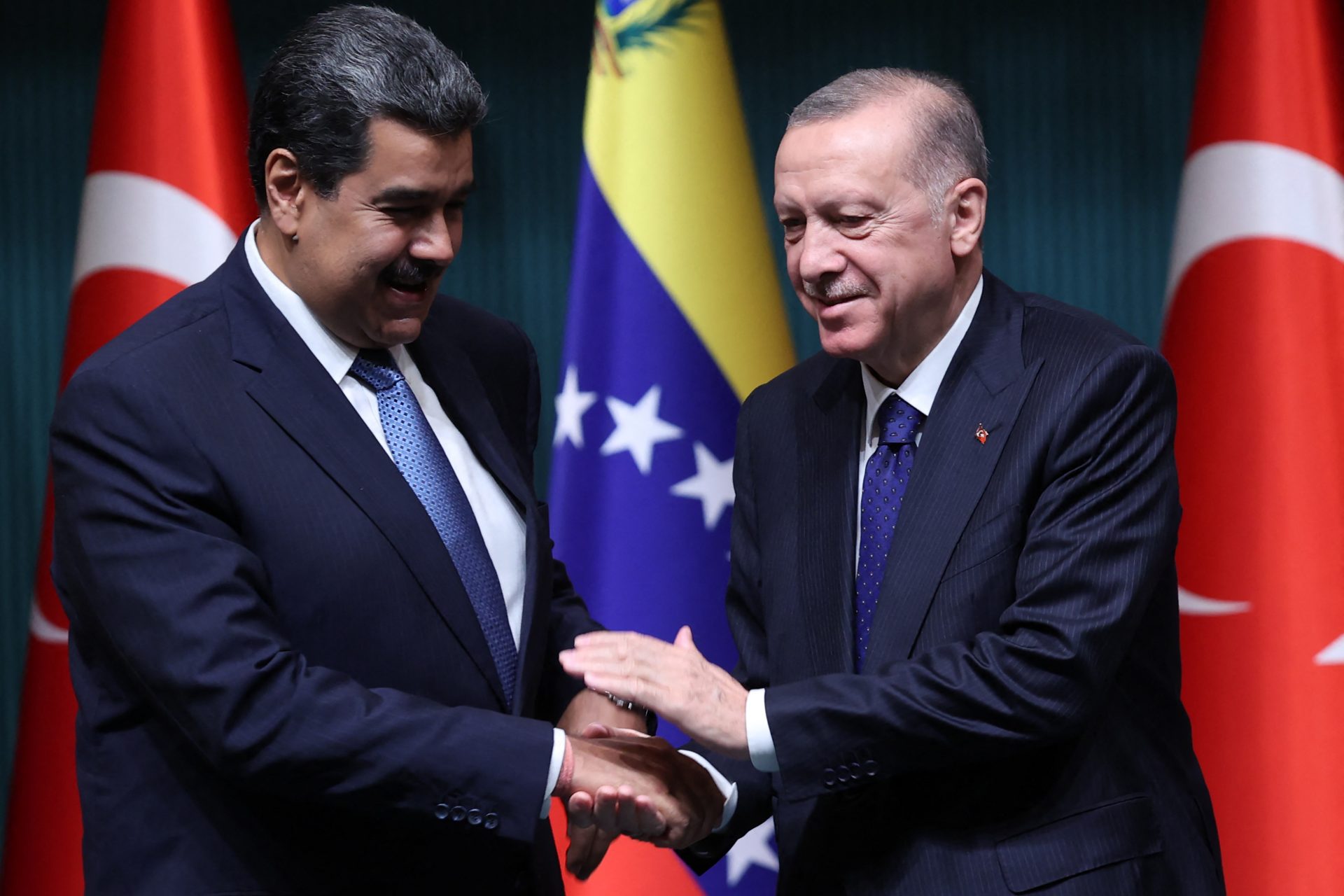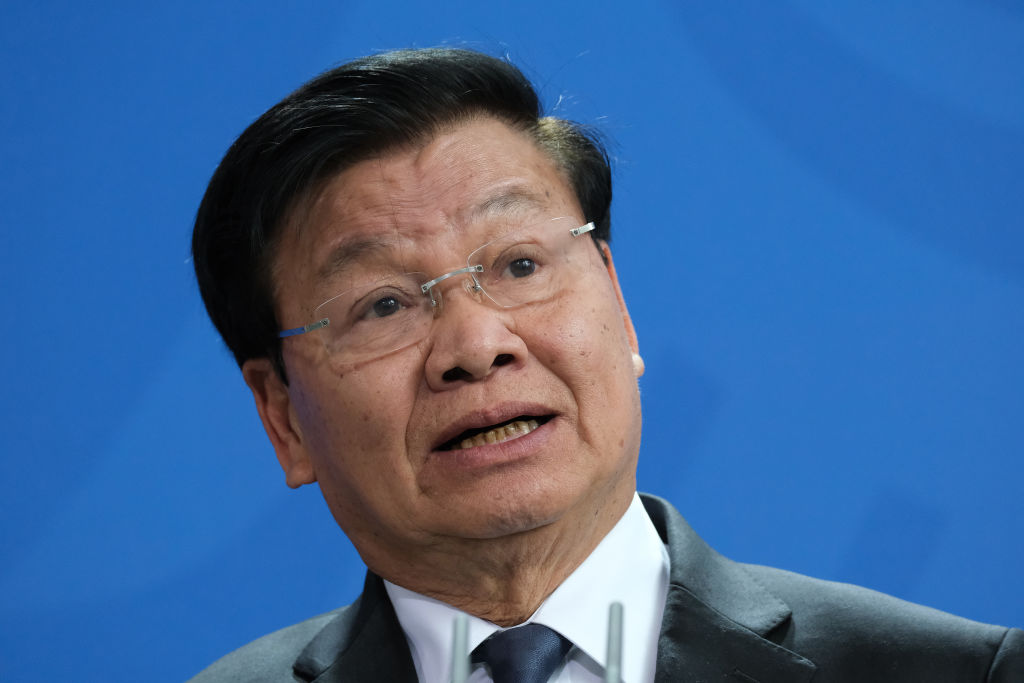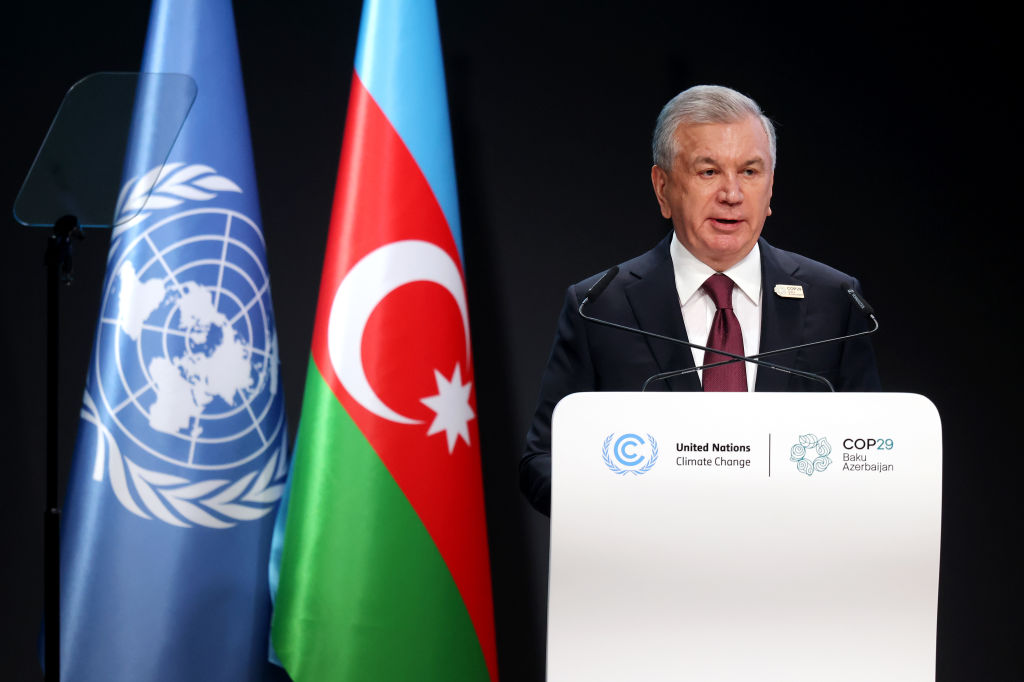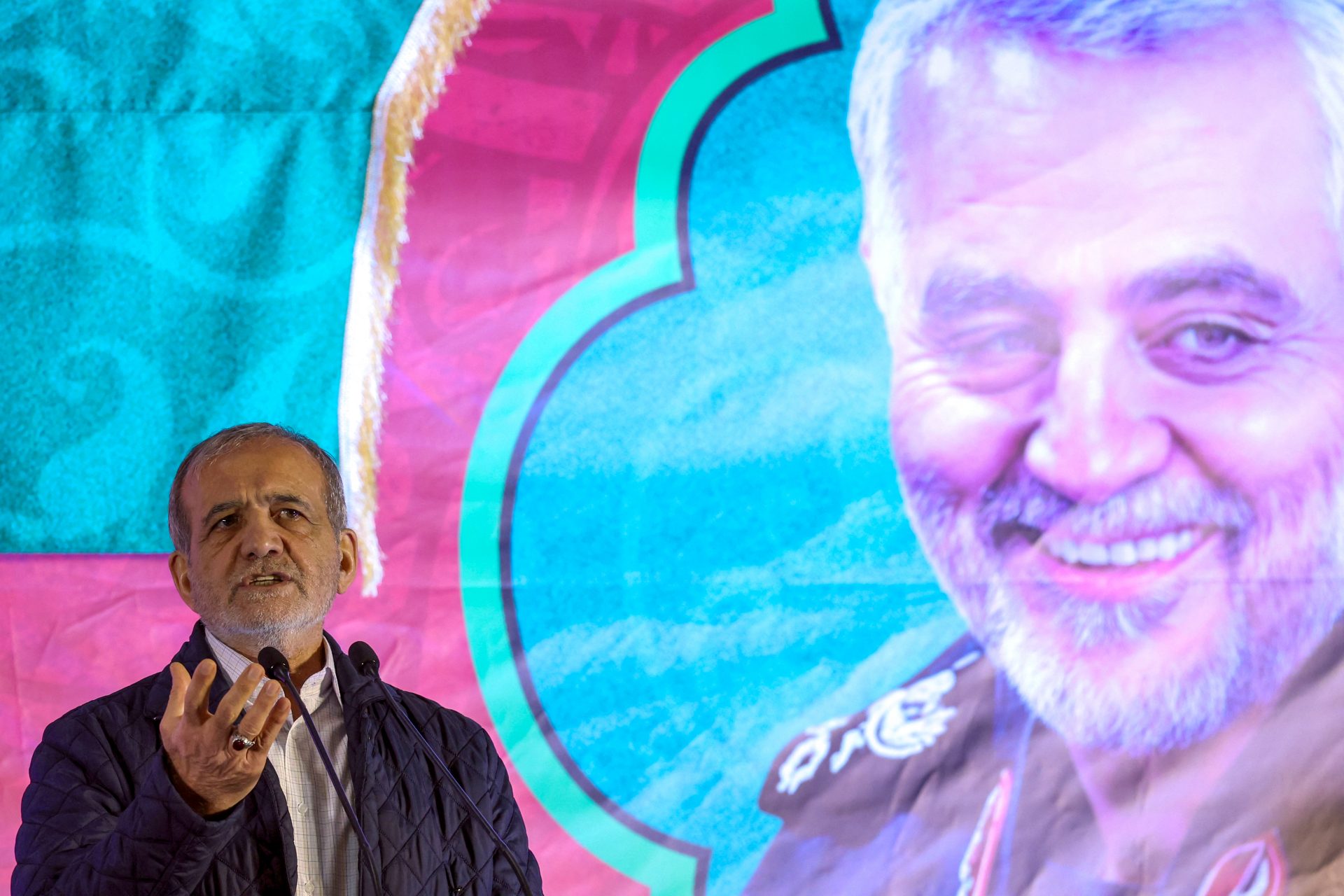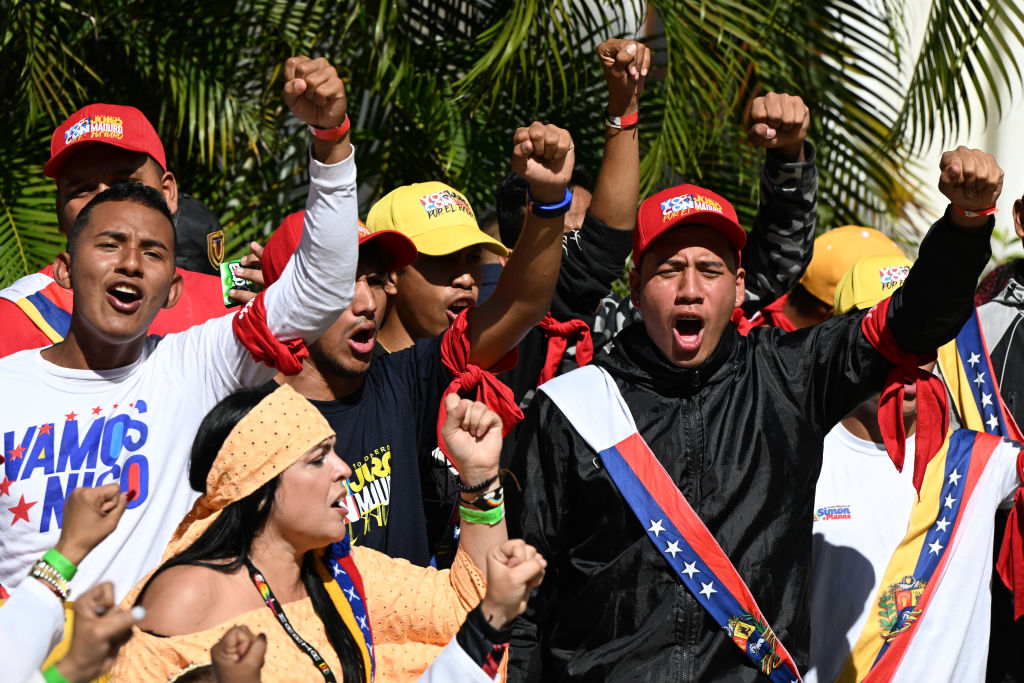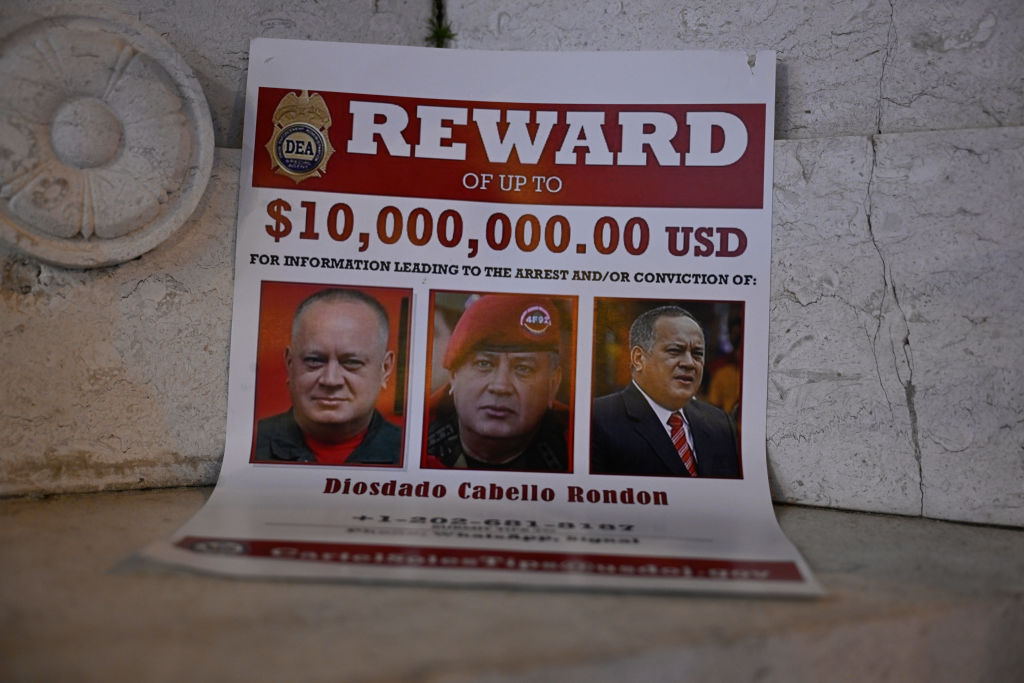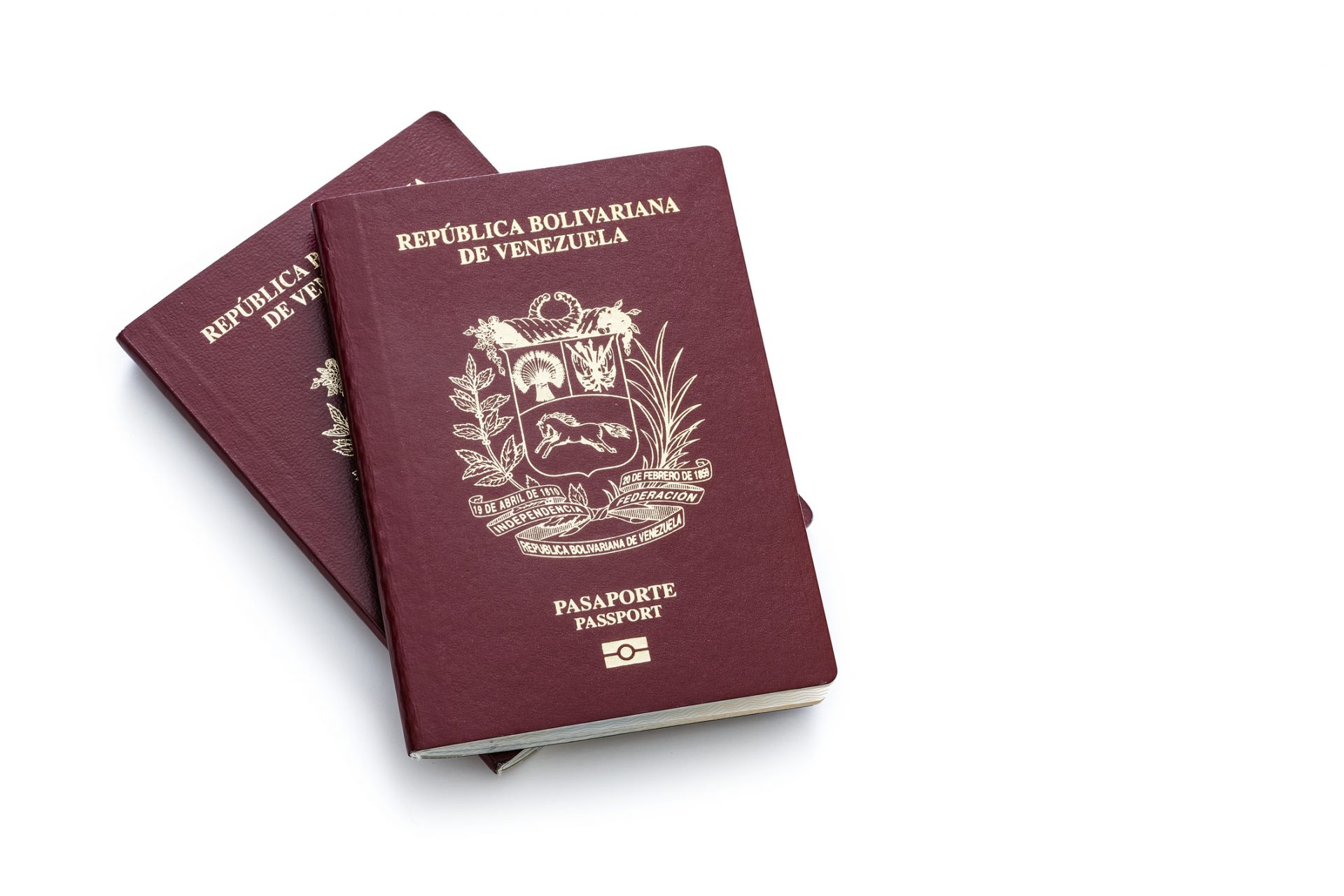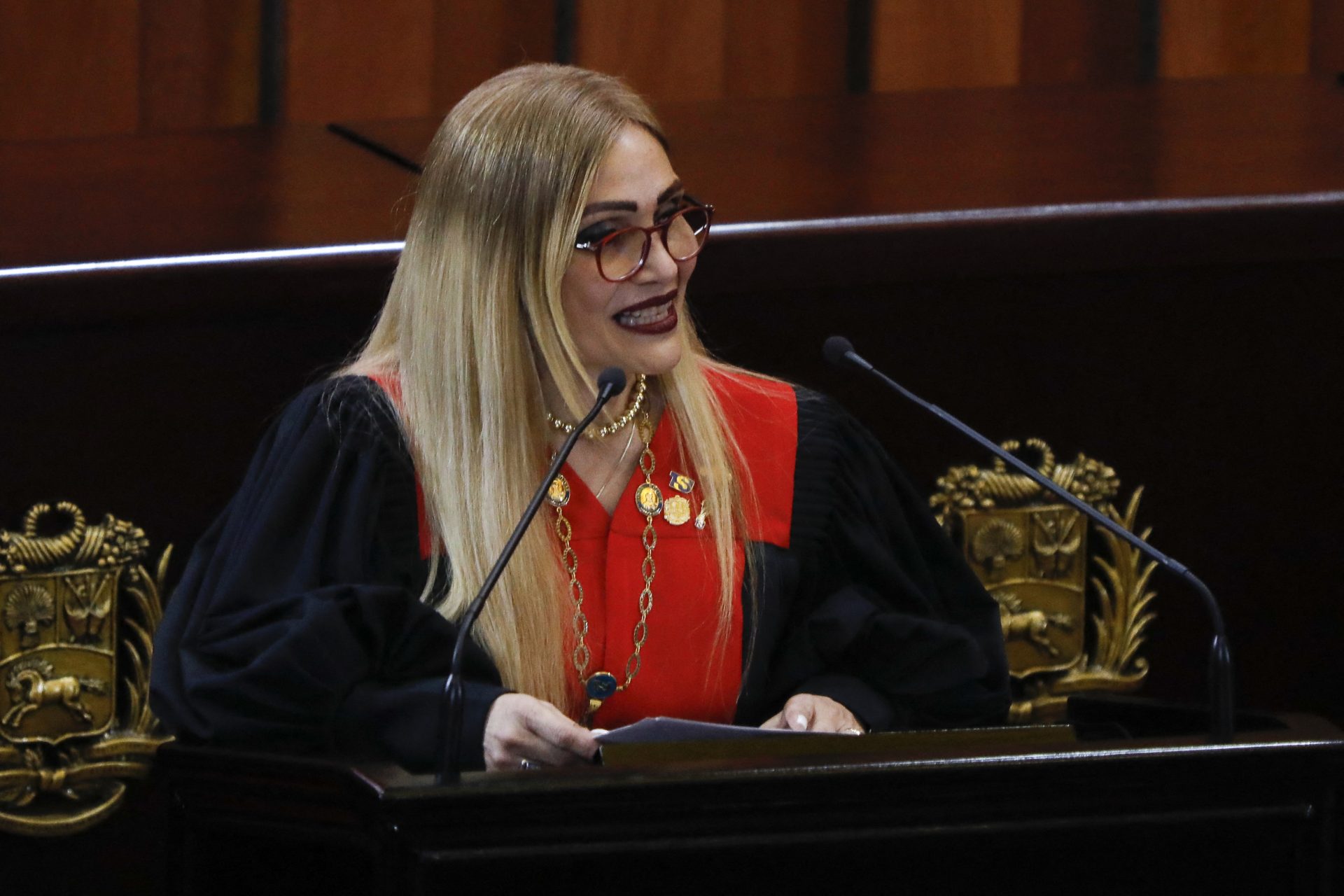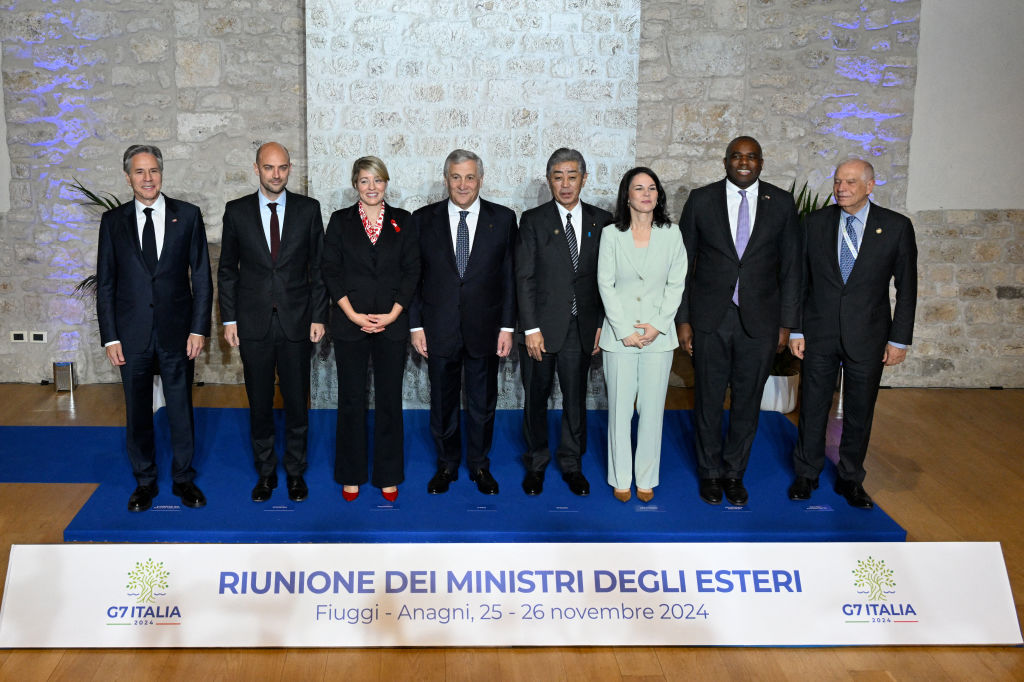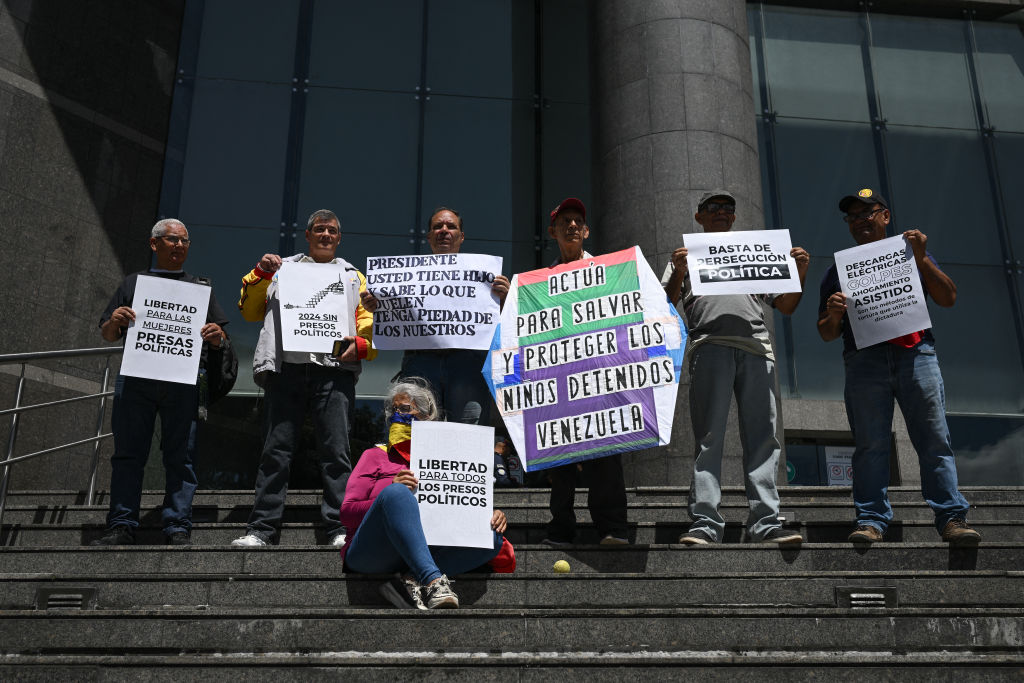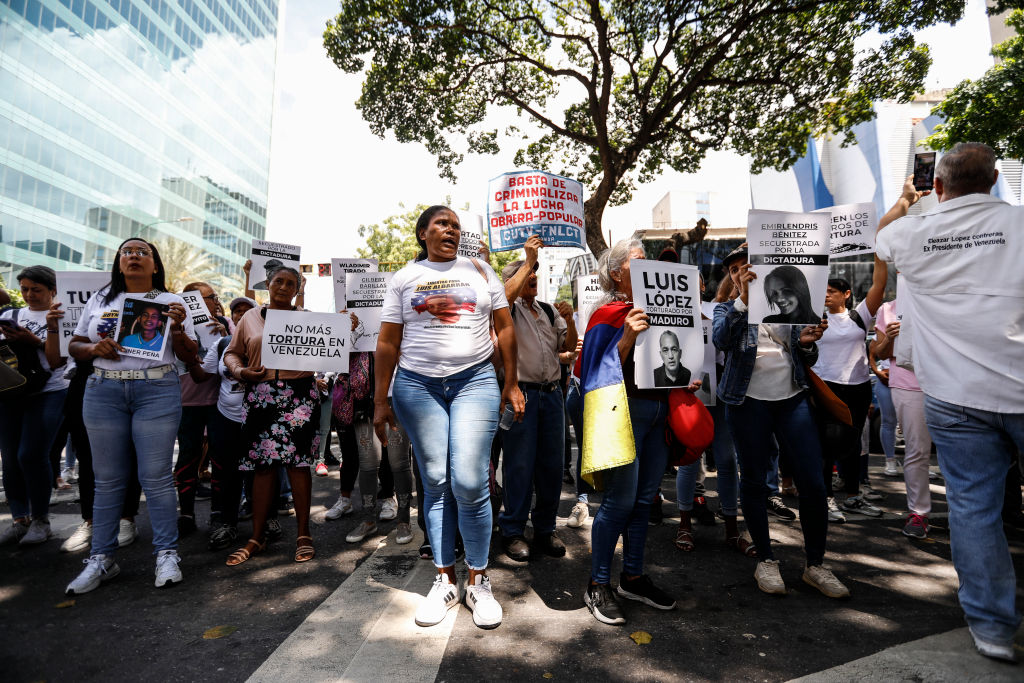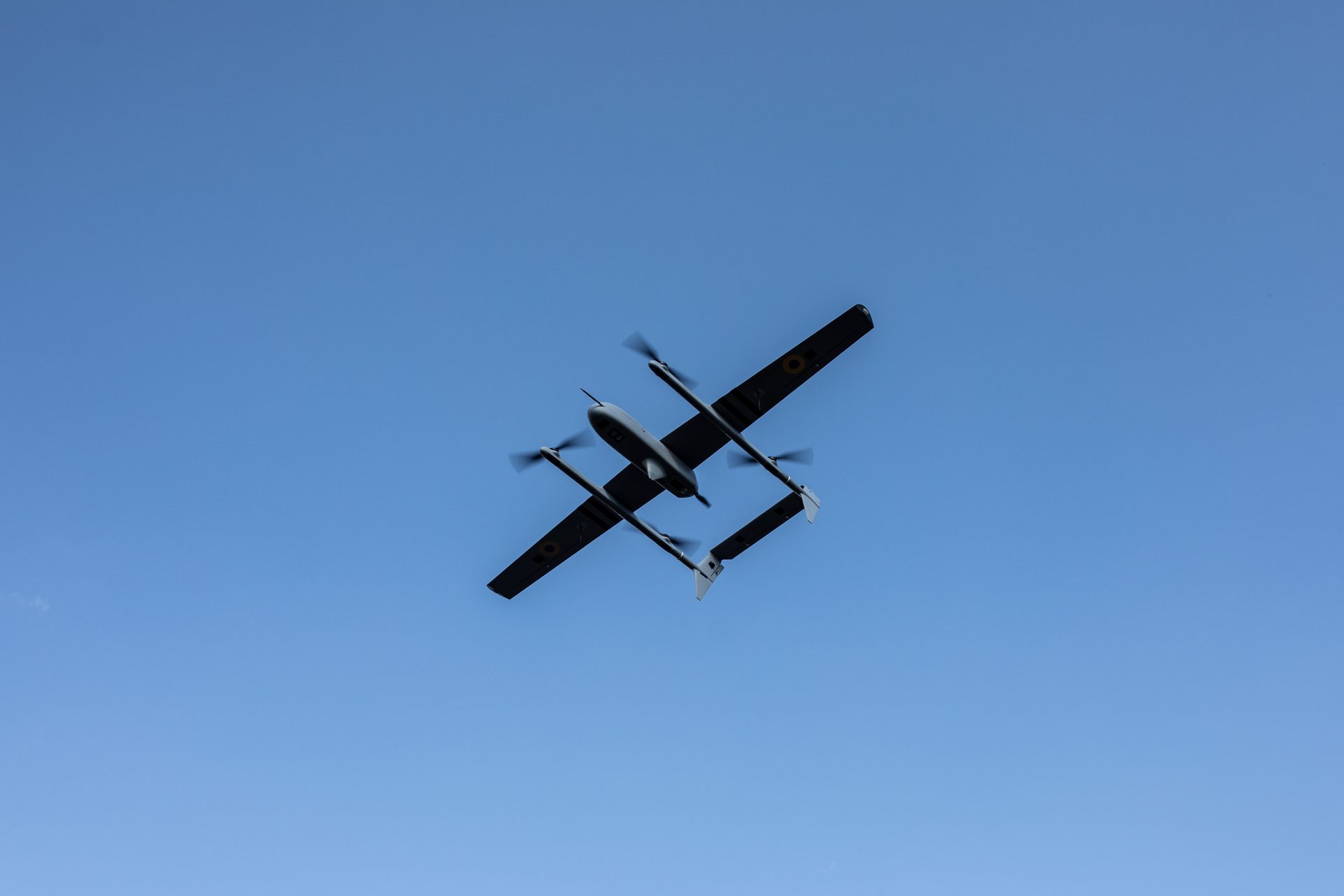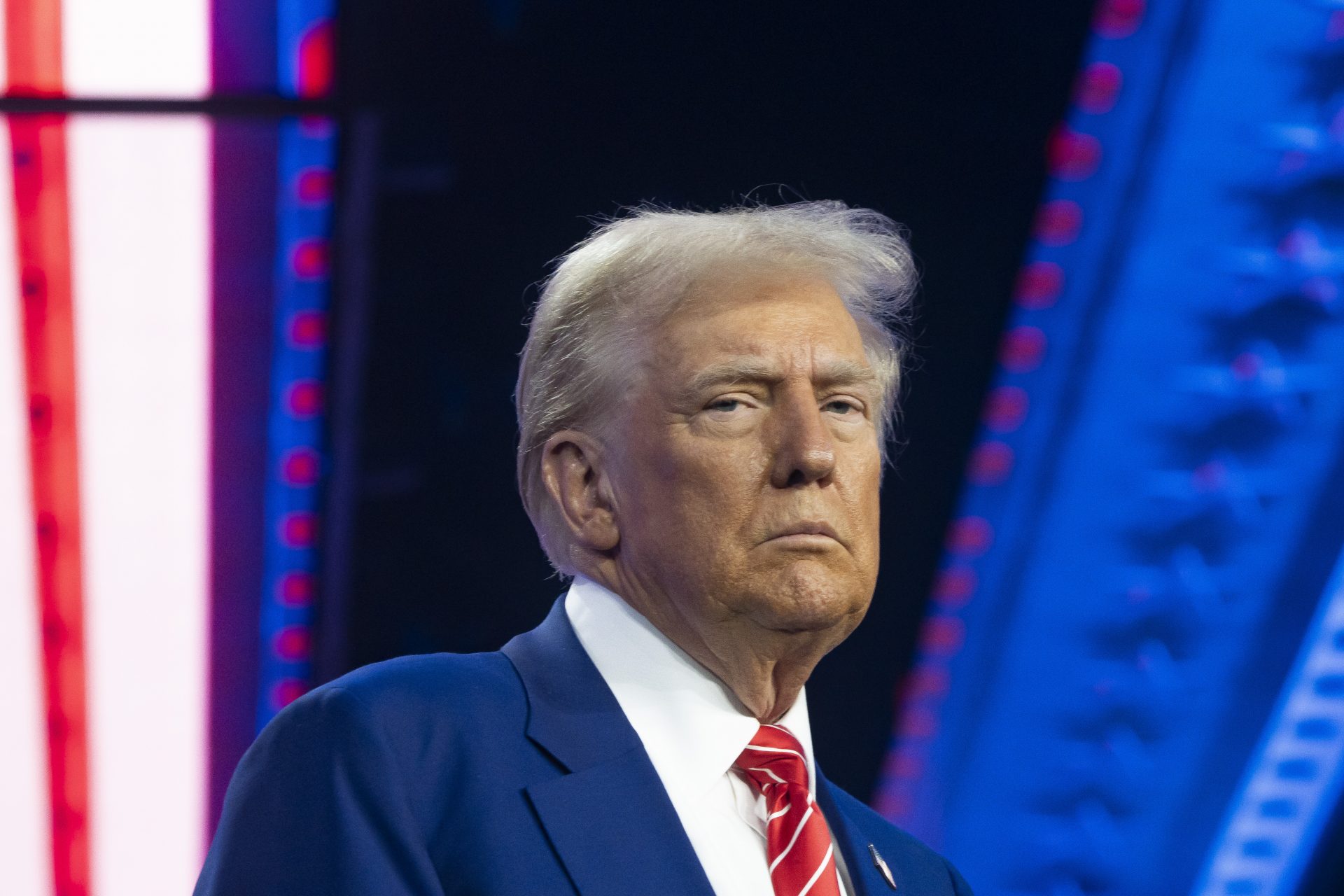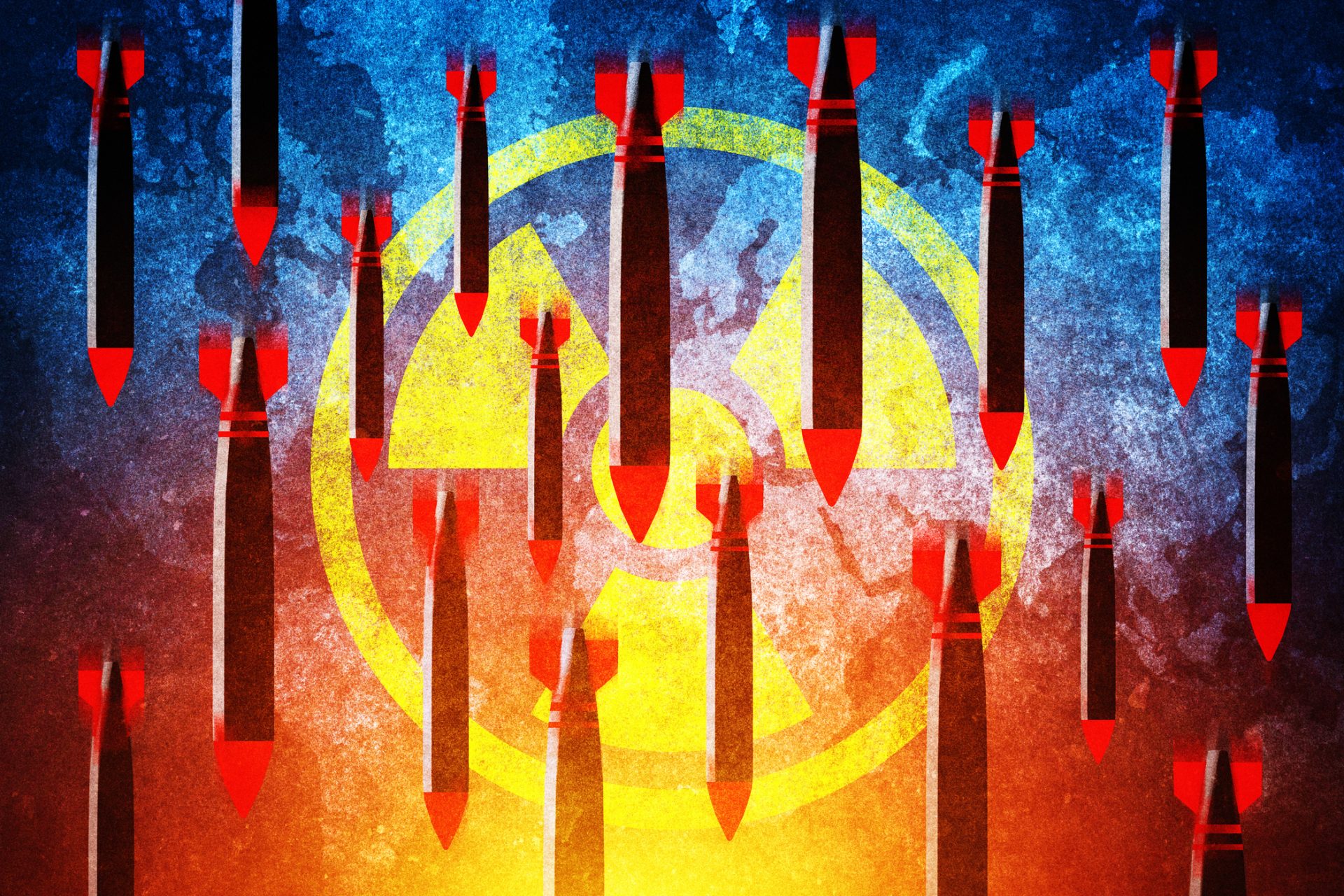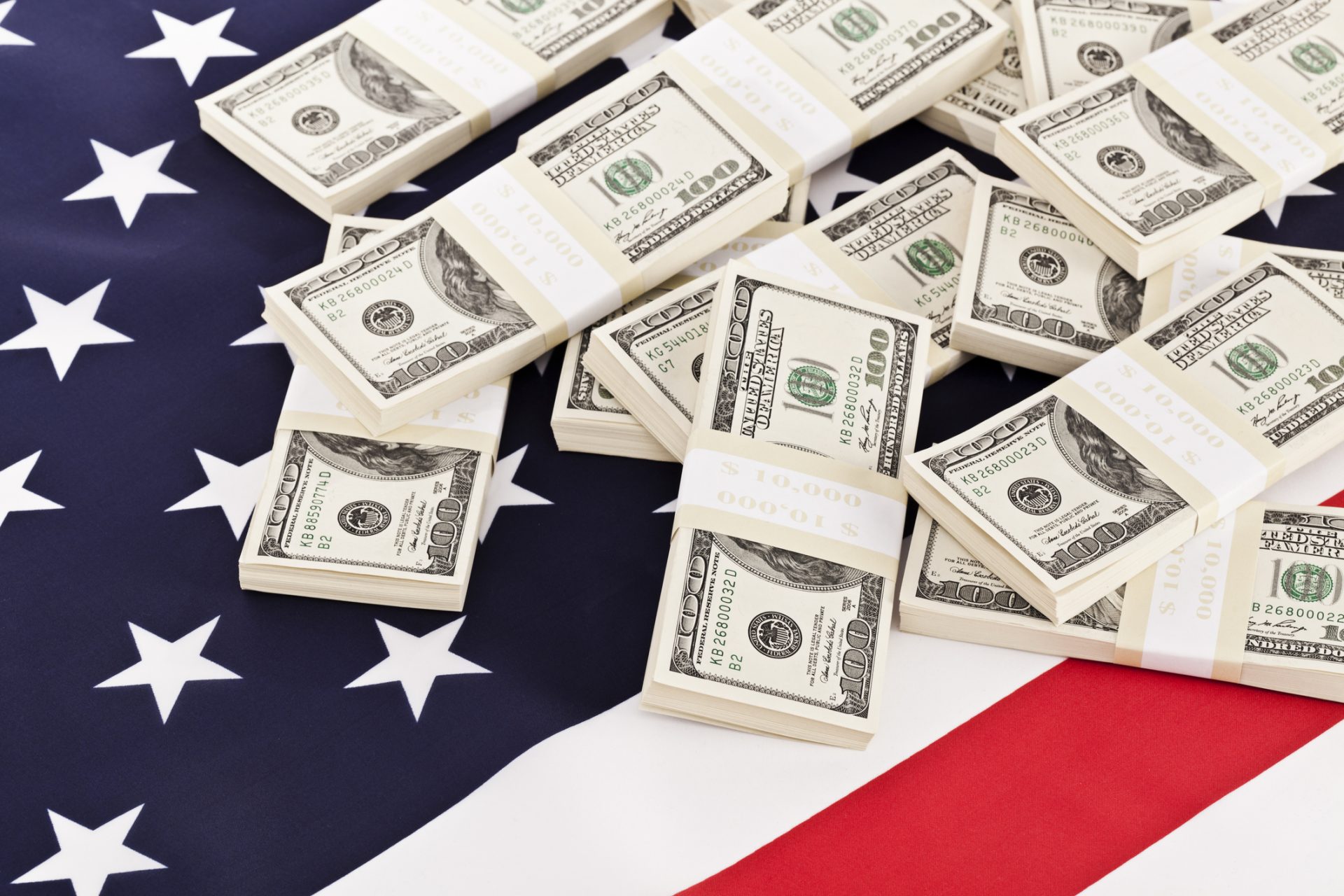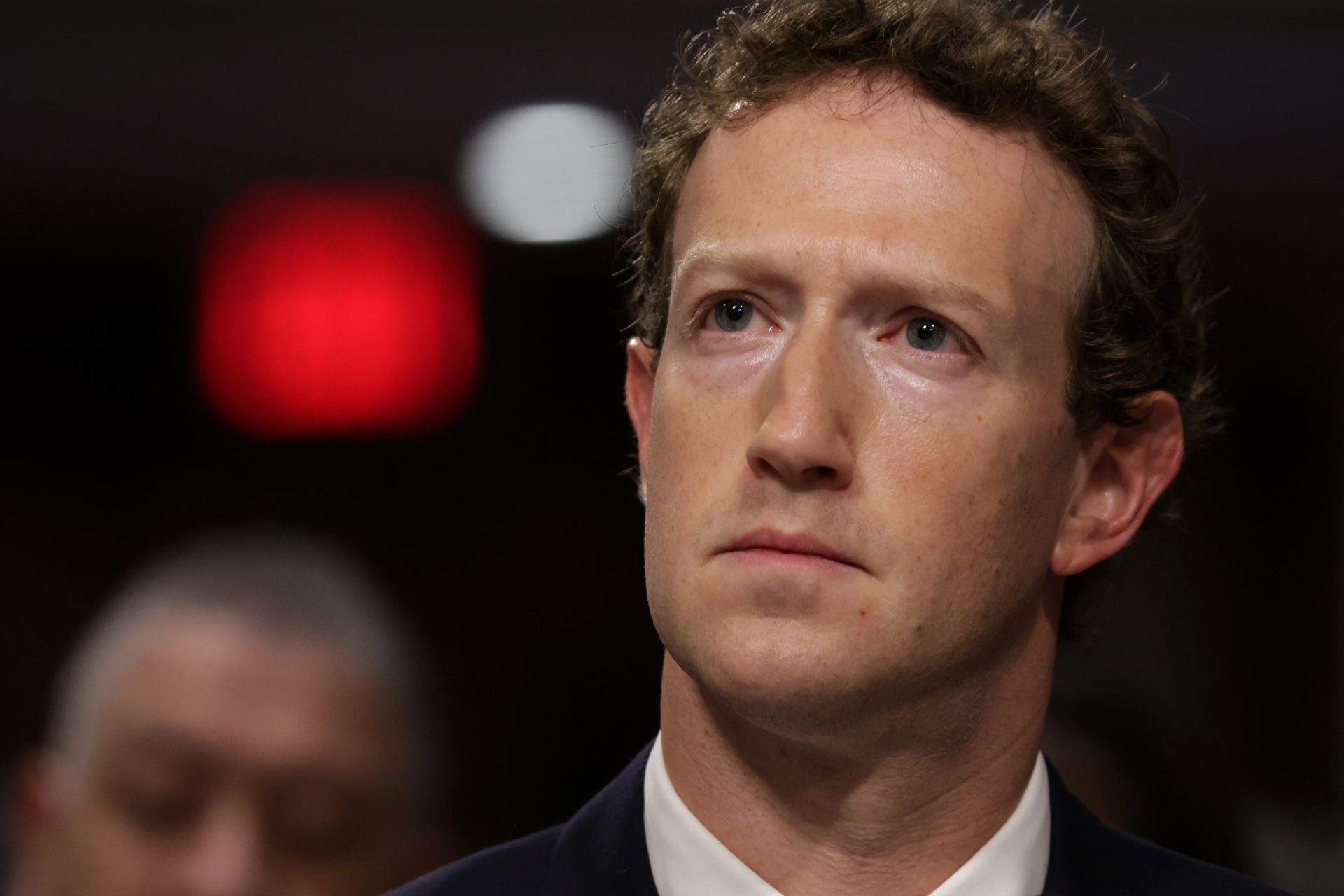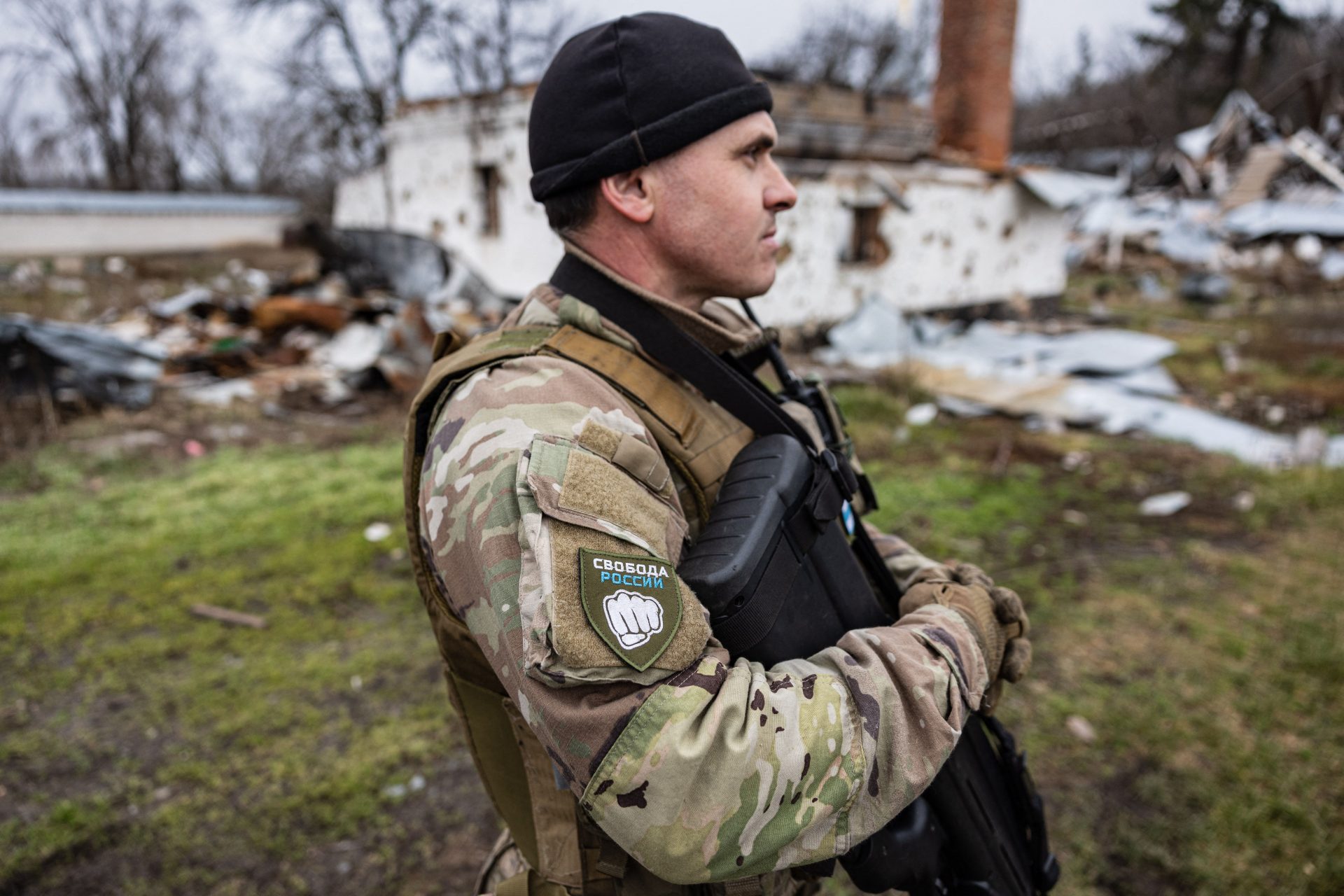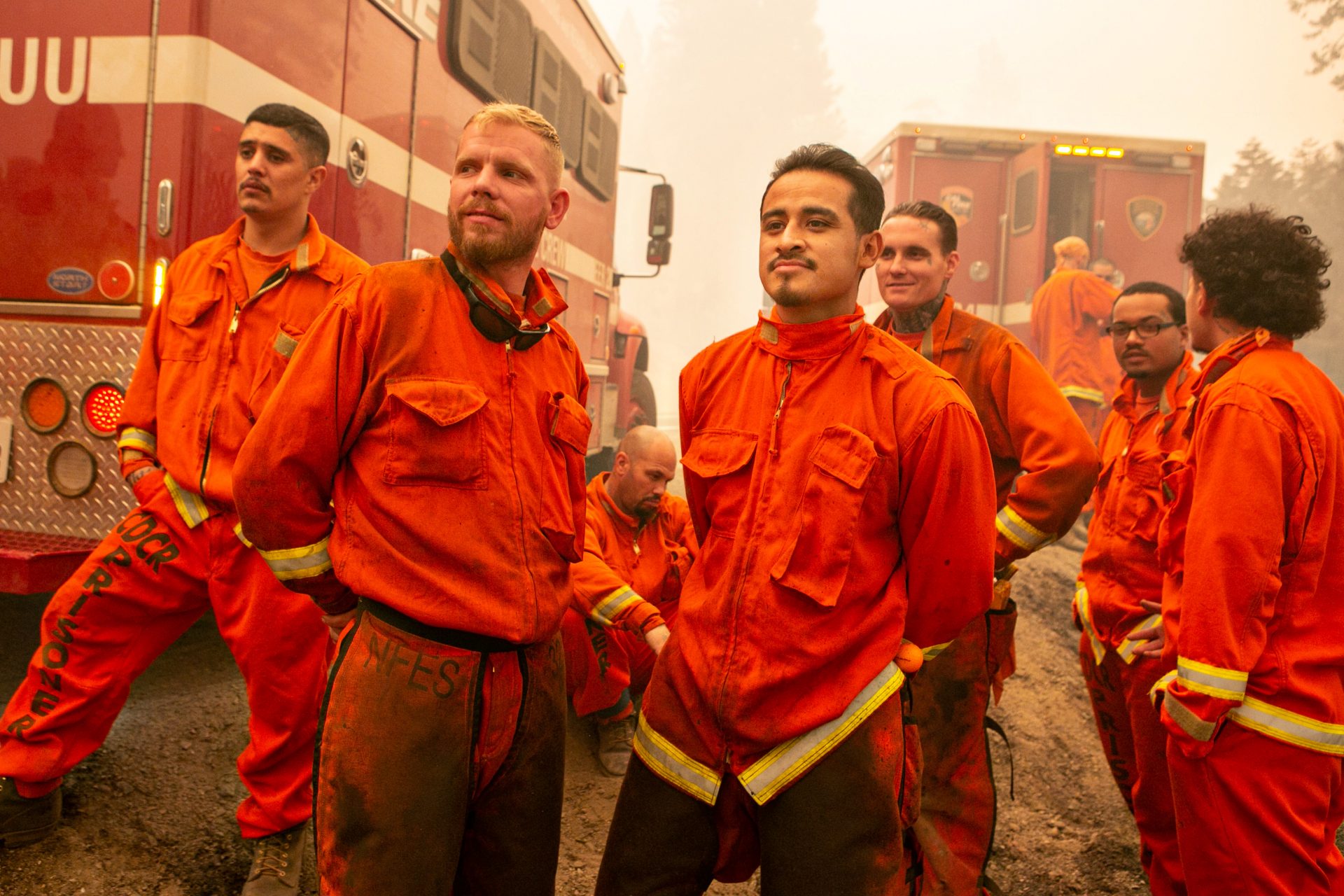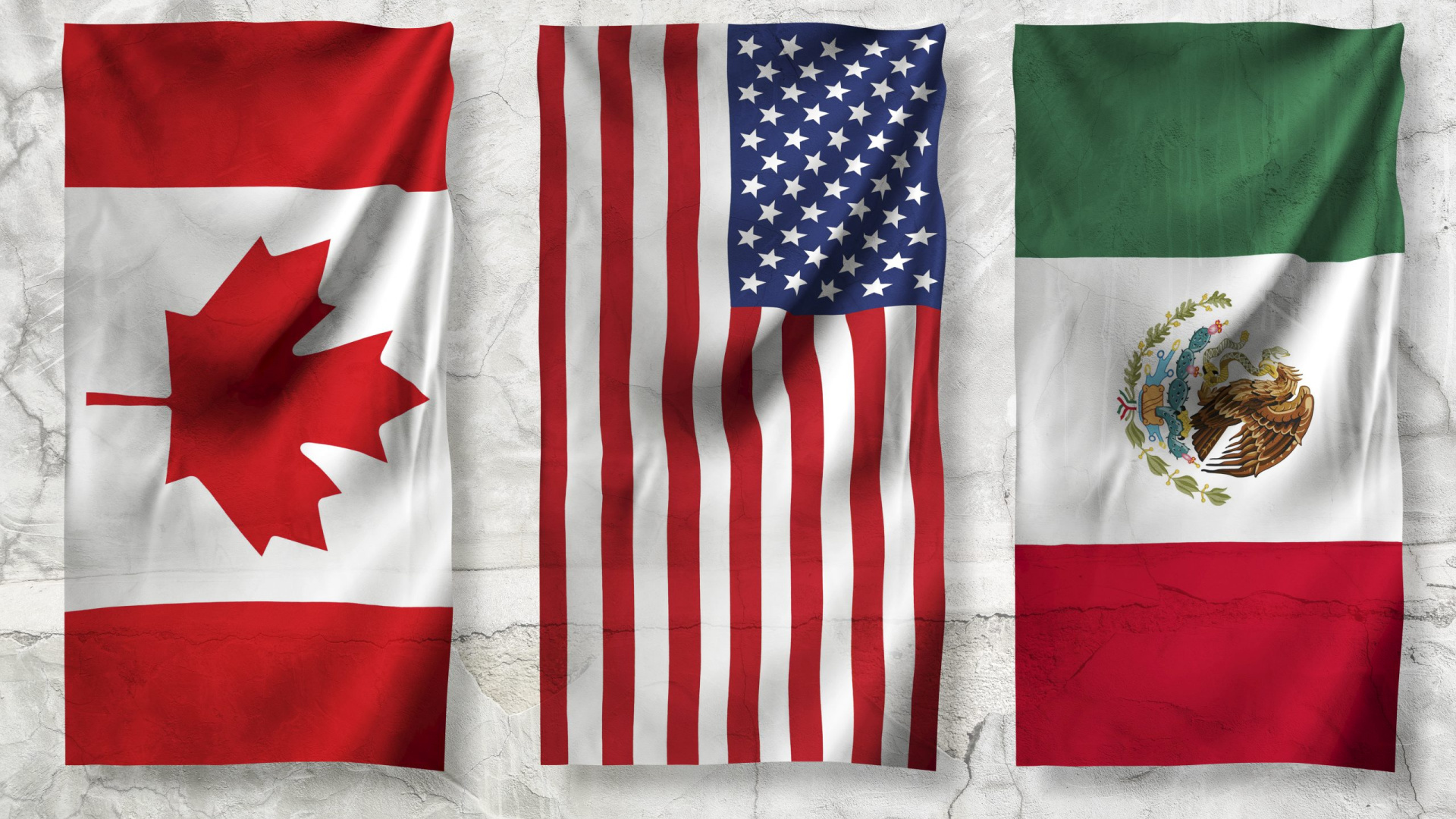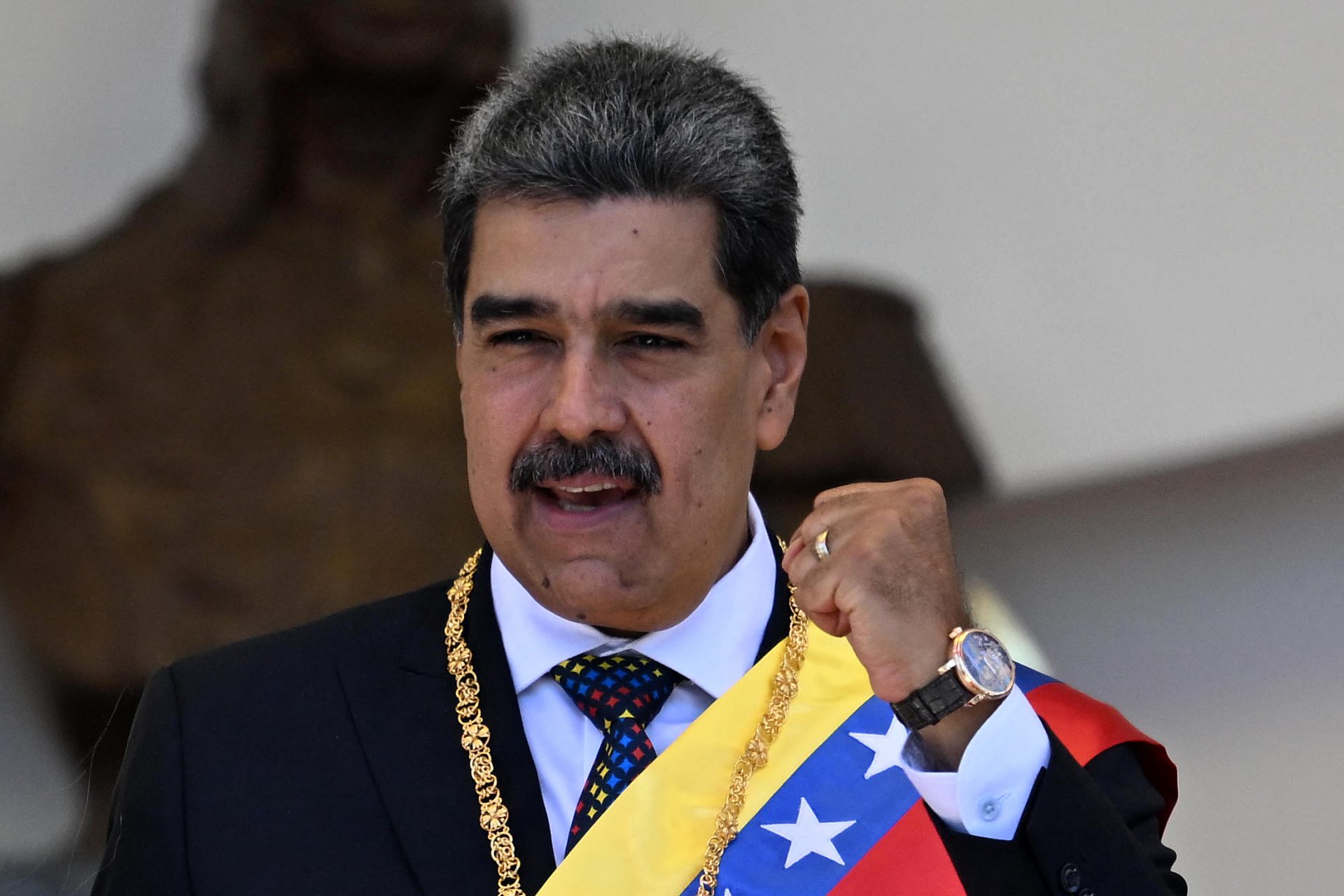Hero or villain: which countries support Maduro as Venezuela's legitimate president?
Nicolás Maduro was sworn in on January 10, 2025, as president of Venezuela for the 2025-2031 period by the National Assembly controlled by the ruling party, despite the opposition's claim that Edmundo González Urrutia was the legitimate winner of last July's elections.
Despite claims by Maduro of the presence of over 100 international delegations at the event, the majority of attending countries dispatched low-profile representatives or ambassadors, with notable absences among global leaders. This inauguration underscored the regime's escalating isolation amid international pressures.
The controversial victory of Nicolás Maduro in the July 2024 elections, backed by the National Electoral Council (CNE) with 51.2% of the votes, has been harshly questioned by the opposition, which denounces fraud and claims that Edmundo González (in the image) obtained 70%. This dispute has not only intensified the internal crisis in Venezuela, but has also polarized the international community.
The inauguration of Nicolás Maduro was attended by a few international leaders. Among them, the Nicaraguan commander Daniel Ortega (in the image), the Cuban president Miguel Díaz-Canel, the Prime Minister of the Sahrawi Arab Democratic Republic, Brahim Gali, and the Prime Minister of Antigua and Barbuda, Gaston Browne.
Leaders such as Nicaragua's Daniel Ortega and Cuba's Miguel Díaz-Canel had expressed their support for Nicolás Maduro following his controversial re-election in July 2024. Both highlighted the "dignity of the Venezuelan people" in the face of external pressures, underlining their rejection of international interference. This support is based on a close ideological affinity and historic diplomatic ties that unite these nations with the Venezuelan regime, according to Newsweek.
Colombia, Brazil and Mexico, which have adopted an ambiguous stance since the July elections in Venezuela, sent their ambassadors to the inauguration of Nicolás Maduro. This symbolic gesture reflects their rejection of the methods of the Maduro regime, but also their intention to avoid a complete break in relations, according to El Debate. What motivates these governments to support the Venezuelan leader despite the accusations and global pressure?
Bolivian President Luis Arce congratulated Nicolás Maduro on his “electoral victory” and highlighted the supposed respect for the “will of the Venezuelan people at the polls.” Arce reaffirmed his country’s commitment to strengthening ties of friendship and cooperation with Venezuela, underscoring Bolivia’s continued support for the Maduro regime amid the international controversy, according to CNN.
Honduran President Xiomara Castro congratulated Nicolas Maduro on what she called his “unobjectionable victory that reaffirms his sovereignty.” However, Castro surprised everyone by announcing that she will not attend Maduro’s inauguration, although she did not rule out sending a delegation to represent him, according to Swiss Info.
Vladimir Putin joined international leaders congratulating Nicolás Maduro on his controversial re-election. In December, Russian Foreign Minister Sergei Lavrov had already expressed Moscow's support for Maduro, just before his inauguration on January 10. This support reaffirms the close diplomatic and political relationship between the two countries, according to CNN.
Xi Jinping's government officially recognized the electoral process in Venezuela and congratulated Nicolás Maduro on his re-election. Chinese Foreign Ministry spokesman Lin Jian highlighted the relationship of "friendship and mutual cooperation" between the two countries, underlining China's continued support for Venezuela in a context of growing international isolation of the Maduro regime.
Turkish President Recep Tayyip Erdoğan expressed his support for Venezuelan authorities in validating the results that declared Nicolás Maduro the winner. Through a message on X, Venezuelan Foreign Minister Yván Gil reported that Erdoğan also congratulated the Venezuelan people after the elections, reinforcing the alliance between both countries amid the international controversy over the legitimacy of the election, according to CNN.
The government of Thongloun Sisoulith expressed its confidence in Maduro's "extensive experience and knowledge" to guide Venezuela towards the "development and prosperity of the Venezuelan people."
Uzbek President Shavkat Mirziyoyev acknowledged Nicolás Maduro's victory in the elections and expressed his interest in strengthening cooperation between the two countries, highlighting the mutual benefits that could be derived from this relationship in the near future.
Nations such as Belarus, Equatorial Guinea, Iran (pictured: President Masoud Pezeshkian), Mali, Mozambique, Namibia, Qatar, Republic of Djibouti, Saint Vincent and the Grenadines, Sao Tome and Principe, Serbia, Sudan, Vietnam and Zimbabwe, which maintain strategic relations with Venezuela, have expressed their support for the government of Nicolás Maduro. This support underscores the alignment of these countries with the Venezuelan regime, despite the growing international isolation it faces, according to CNN.
Maduro has defended his election victory, urging respect for the Venezuelan Constitution and asserting the legitimacy of his triumph. However, allegations of fraud remain a central issue, further complicating the political situation and fuelling internal and external division over the legitimacy of his re-election.
However, the United States supports Edmundo González Urrutia as president-elect and is taking action, including rewards of up to $25 million for information leading to the capture or conviction of Maduro, his Interior Minister Diosdado Cabello (pictured), and Defense Minister Vladimir Padrino López, who face drug trafficking charges, according to a US Department of State publication.
The same source reports that new visa restrictions are also being imposed on individuals aligned with the Maduro regime. Simultaneously, the Treasury Department is imposing sanctions on eight individuals aligned with Maduro, who support his illegitimate assertion of authority and repressive acts in Venezuela, including members of the security forces and political figures.
The European Union has declared that the presidency of Nicolás Maduro “lacks legitimacy” and has approved sanctions against Caryslia Rodríguez (pictured), president of the Supreme Court of Justice of Venezuela.
For their part, the G7 leaders issued a statement denouncing the "lack of democratic legitimacy" of Maduro's investiture, reaffirming their rejection of the electoral process and supporting international measures against the Venezuelan regime, according to El Debate.
Following the inauguration of Nicolás Maduro, the UN Secretary General, through his spokesman Stéphane Dujarric, called for the release of all people arbitrarily detained, including opponents, journalists and human rights defenders since the July elections, according to Le Monde.
Alfredo Romero, president of the NGO Foro Penal, reported that since the beginning of the year there have been 49 arrests for political reasons, a figure that continues to rise, according to the same source.
More for you
Top Stories



